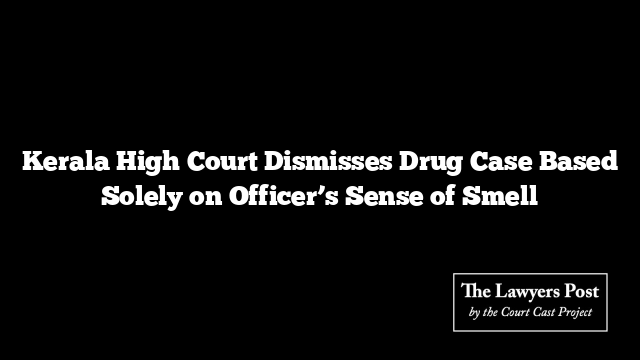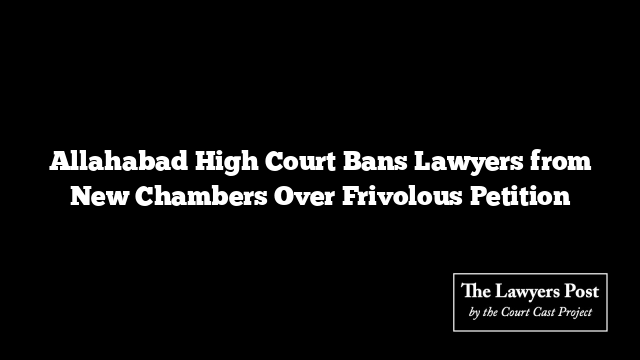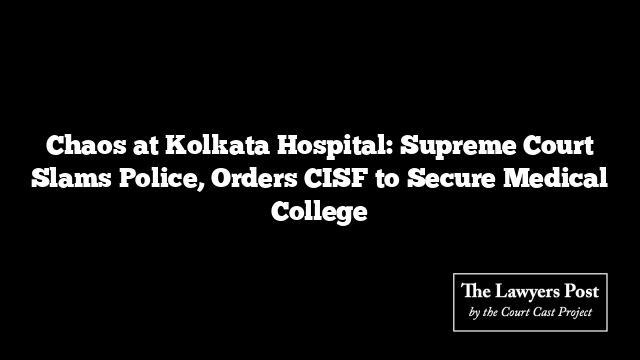In a significant judgment, the Kerala High Court has quashed criminal proceedings against an individual accused of consuming narcotics, ruling that an investigating officer’s sense of smell cannot serve as the sole evidence for prosecution under the Narcotic Drugs and Psychotropic Substances Act (NDPS Act).
The case revolved around an incident dated January 3, 2023, when the accused, identified as Ibnu Shijil, was found smoking a cigarette near the picturesque Malampuzha Dam. Law enforcement officials alleged that the cigarette contained ganja (marijuana) based entirely on the investigating officer detecting a suspicious odor emanating from the accused’s breath and observing his manner of speech. Subsequently, a case was registered against Shijil under Section 27(b) of the NDPS Act, which pertains to the consumption of narcotic drugs or psychotropic substances.
Challenging the charges, the defense argued before the High Court that no physical evidence, such as the cigarette or any narcotic substance, had been seized during the investigation. Moreover, no forensic or medical examinations were conducted to substantiate the claims of drug consumption. The defense contended that relying exclusively on an officer’s subjective sense of smell was insufficient and could not withstand legal scrutiny.
The prosecution, however, maintained that oral evidence could be adequate in criminal cases and suggested that medical evidence could potentially support their claims if presented.
Presiding over the matter, Justice Bechu Kurian Thomas underscored the inherent fallibility and subjectivity of human sensory perceptions, particularly the sense of smell. The court observed, “The olfactory abilities of a person can at the most trigger a suspicion. Sensory perception of human beings is not standardized or constant, and therefore, such an ability cannot be a substitute for proof.”
Justice Thomas further cautioned against setting a precedent where individuals could be prosecuted based solely on an officer’s sensory perception, highlighting the risk of misuse and potential for arbitrary accusations. The judgment stated, “If a person is permitted to be prosecuted on the mere basis of smell from his breath, it can lead to anomalous situations where investigating officers would be able to rope in any person as an accused in an NDPS offence.”
Concluding that the prosecution lacked any concrete evidence to support the allegations, the court deemed the proceedings an abuse of the legal process and ordered the case to be dismissed.
The ruling has been hailed as a reaffirmation of the principles of evidence-based prosecution and a safeguard against potential abuses of power within the criminal justice system. Legal experts believe this judgment sets a critical precedent, emphasizing the necessity for objective and verifiable evidence in drug-related cases.
Advocates Adith Kiran R.S. and Nandagopal S. Kurup represented the accused in the proceedings, while Public Prosecutor C.N. Prabhakaran appeared on behalf of the state.





